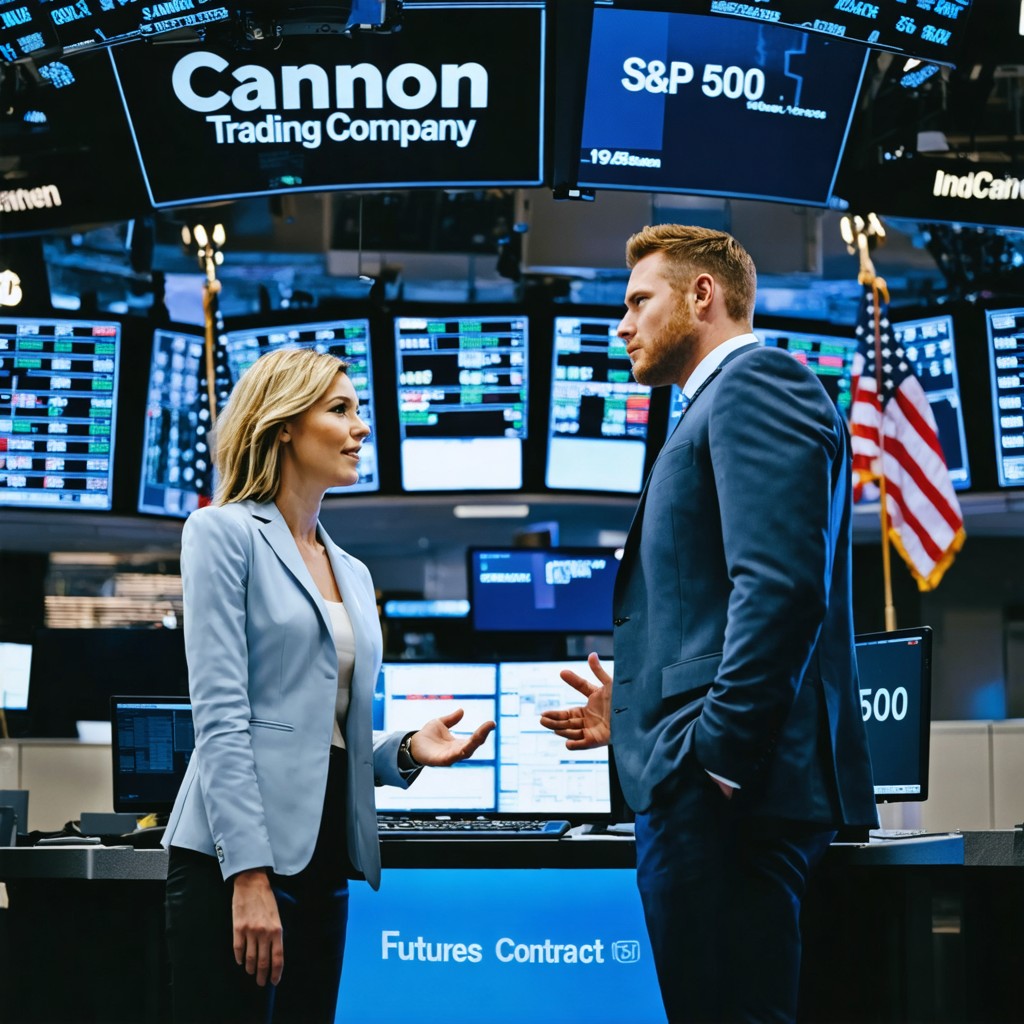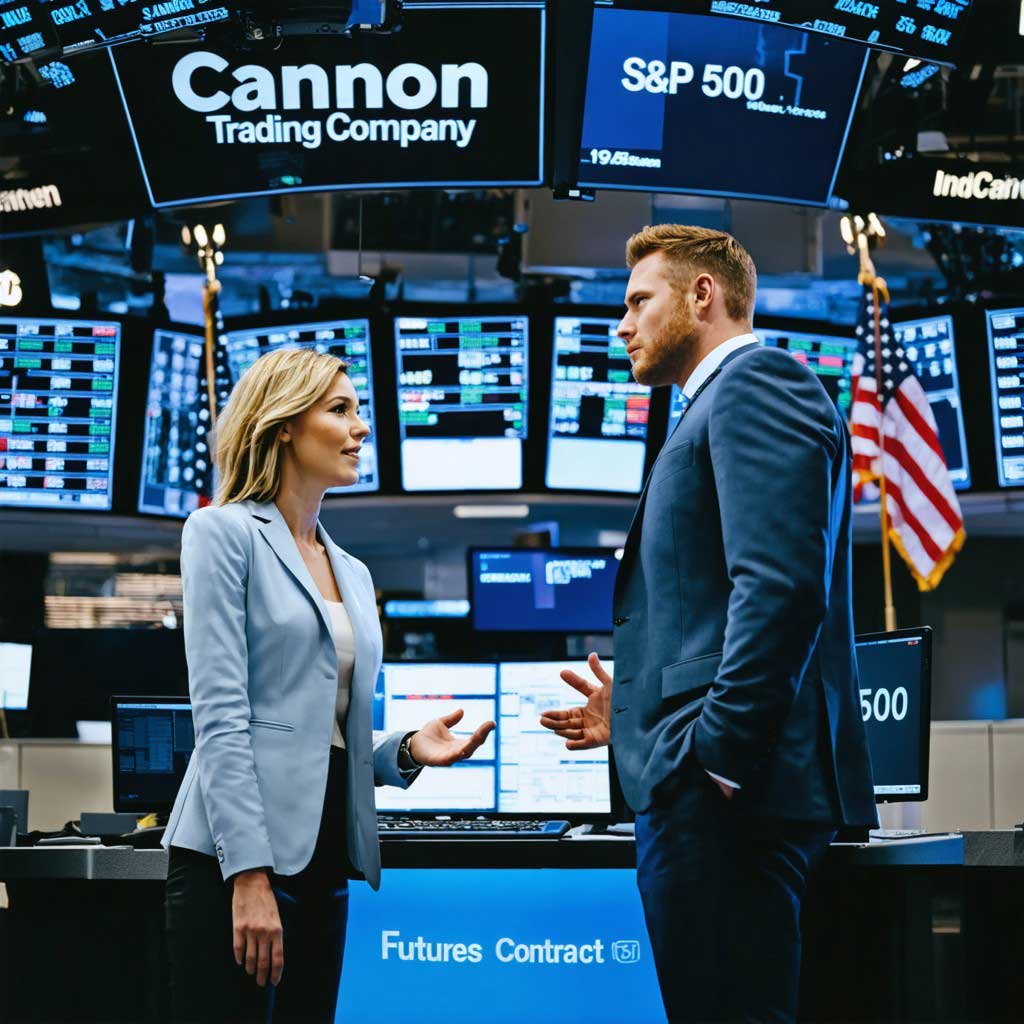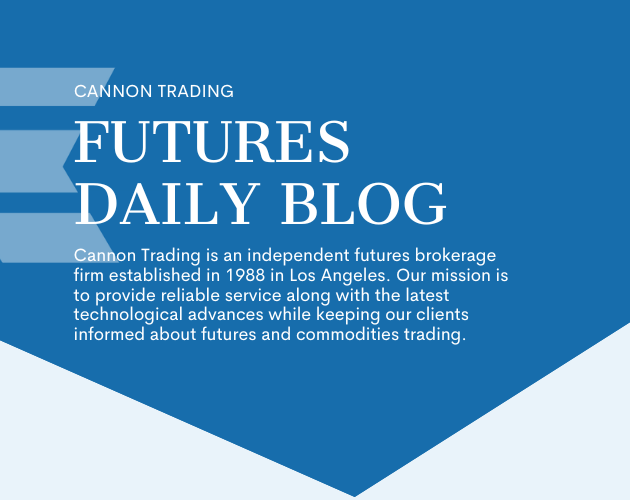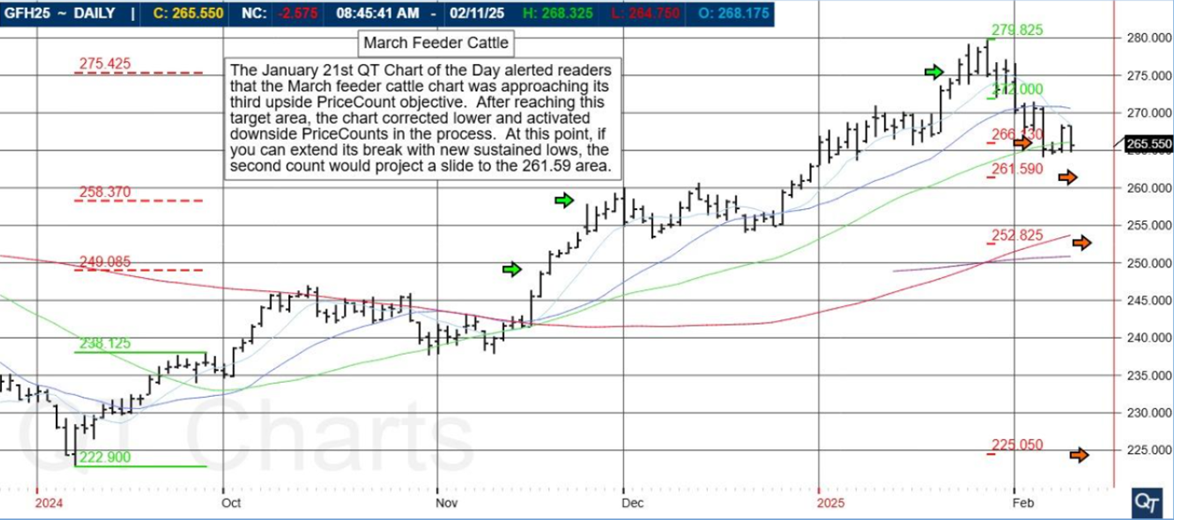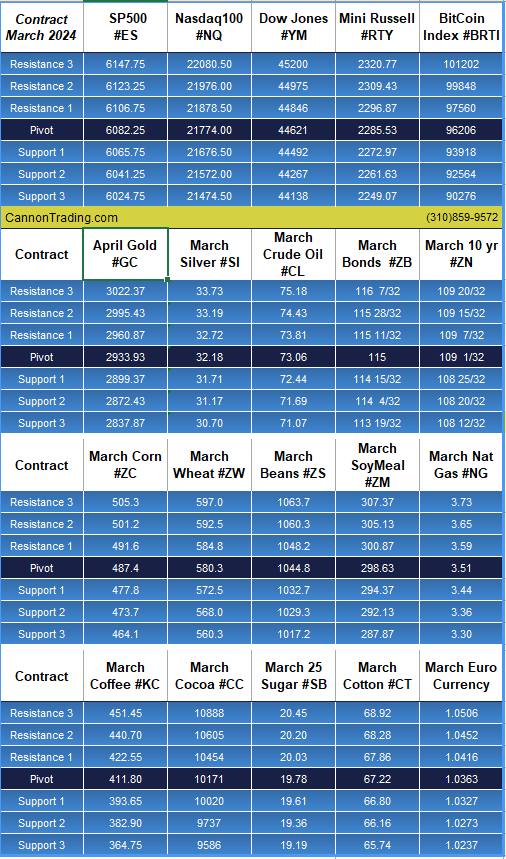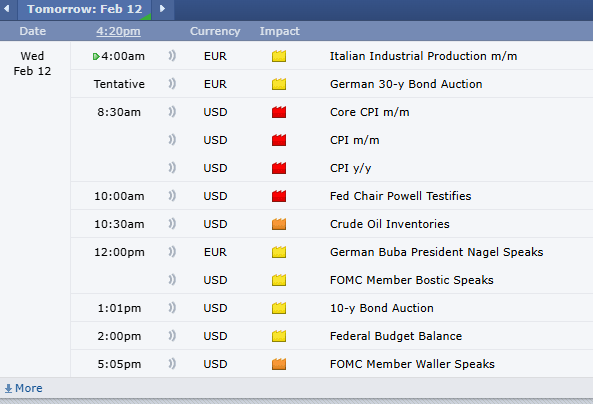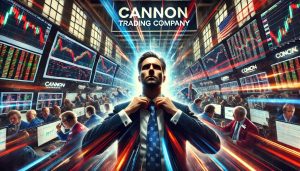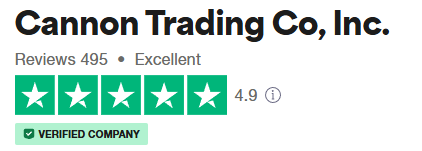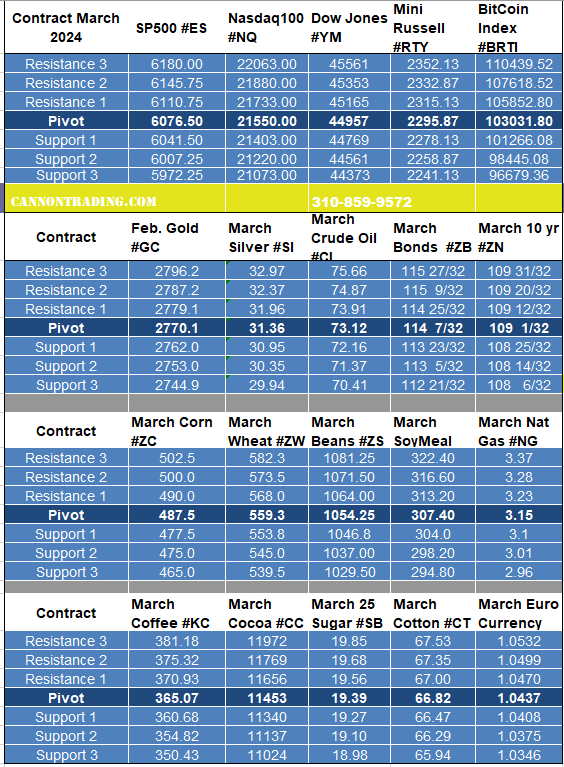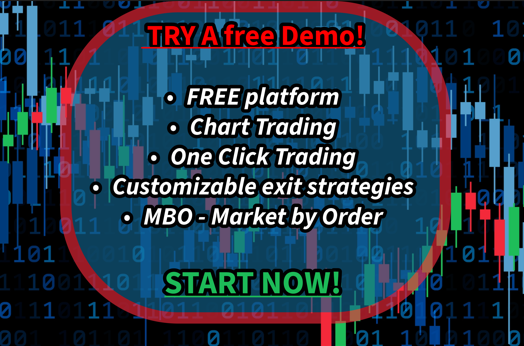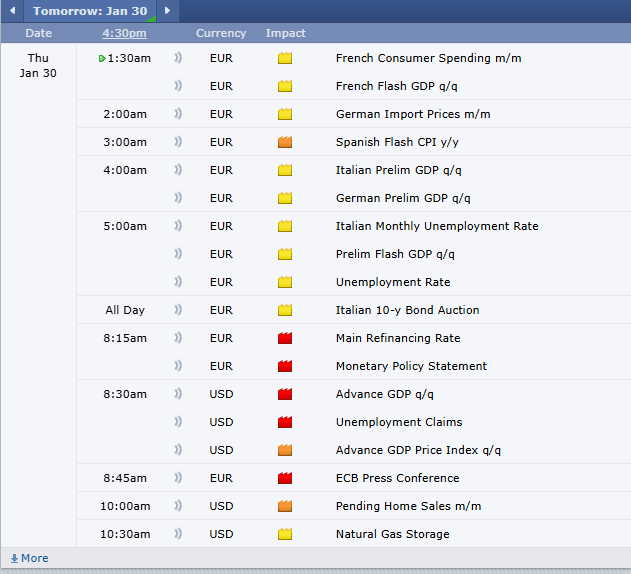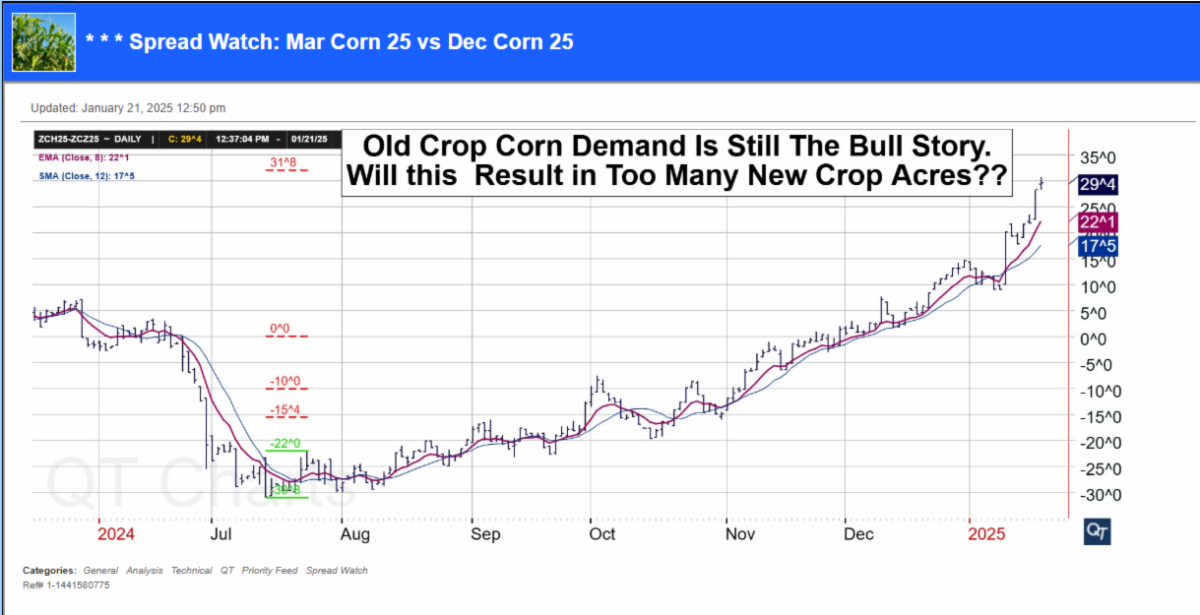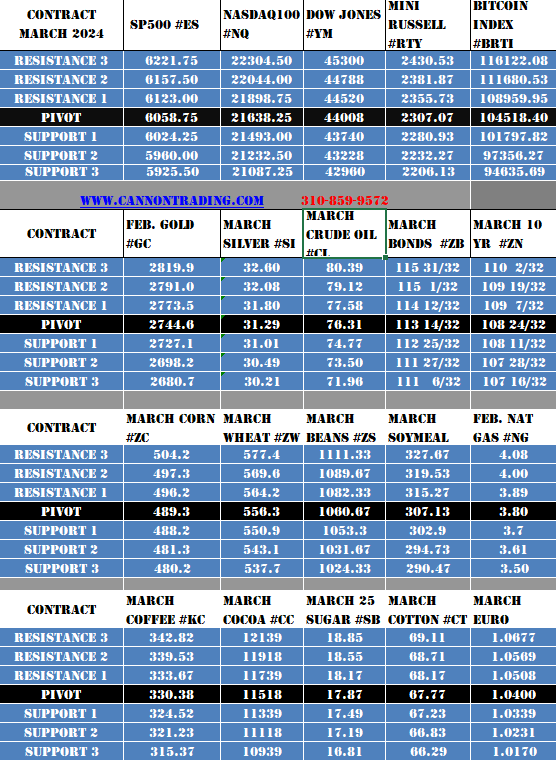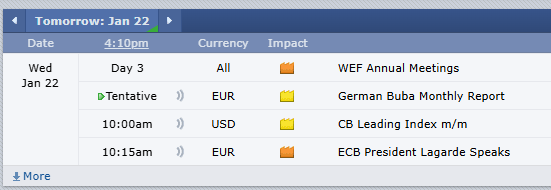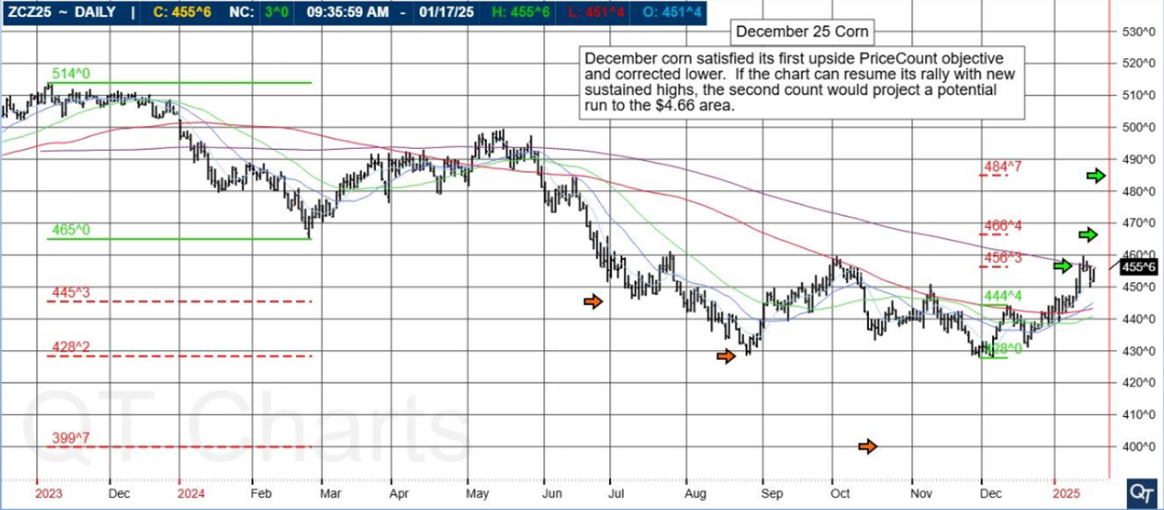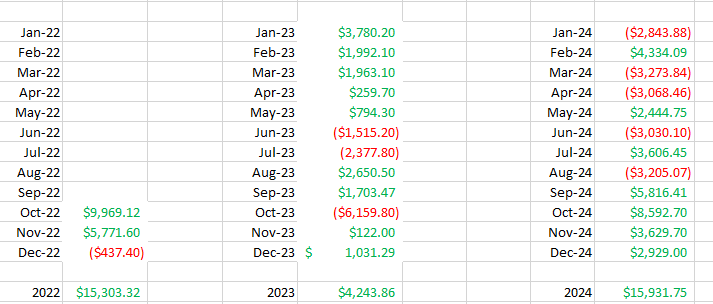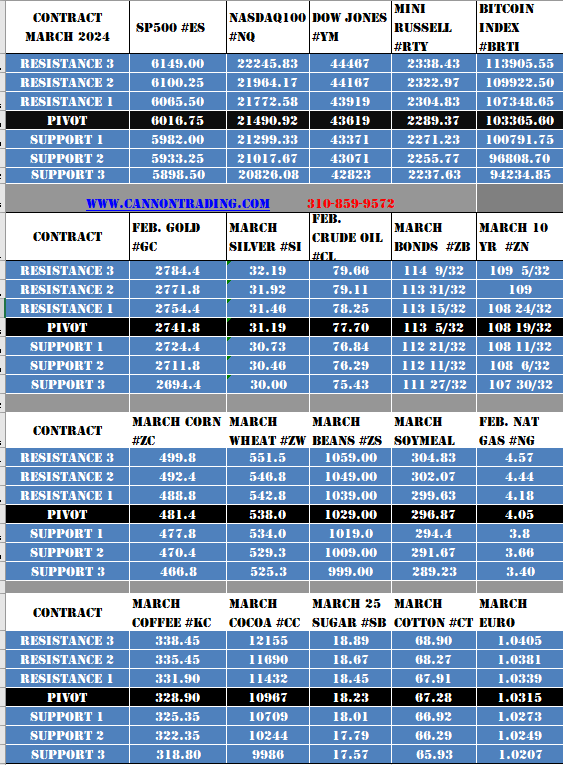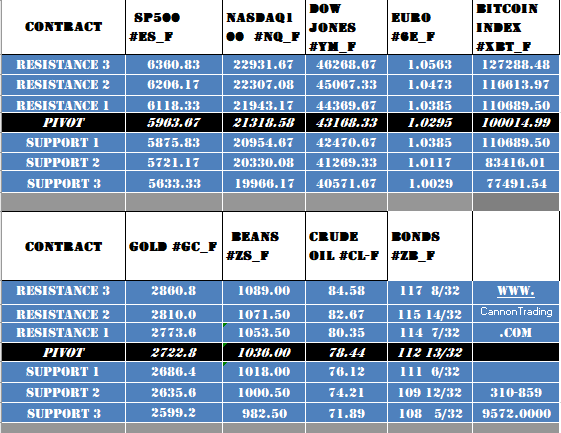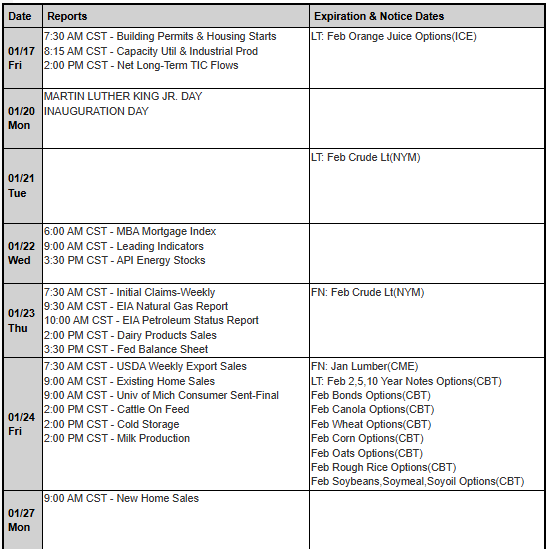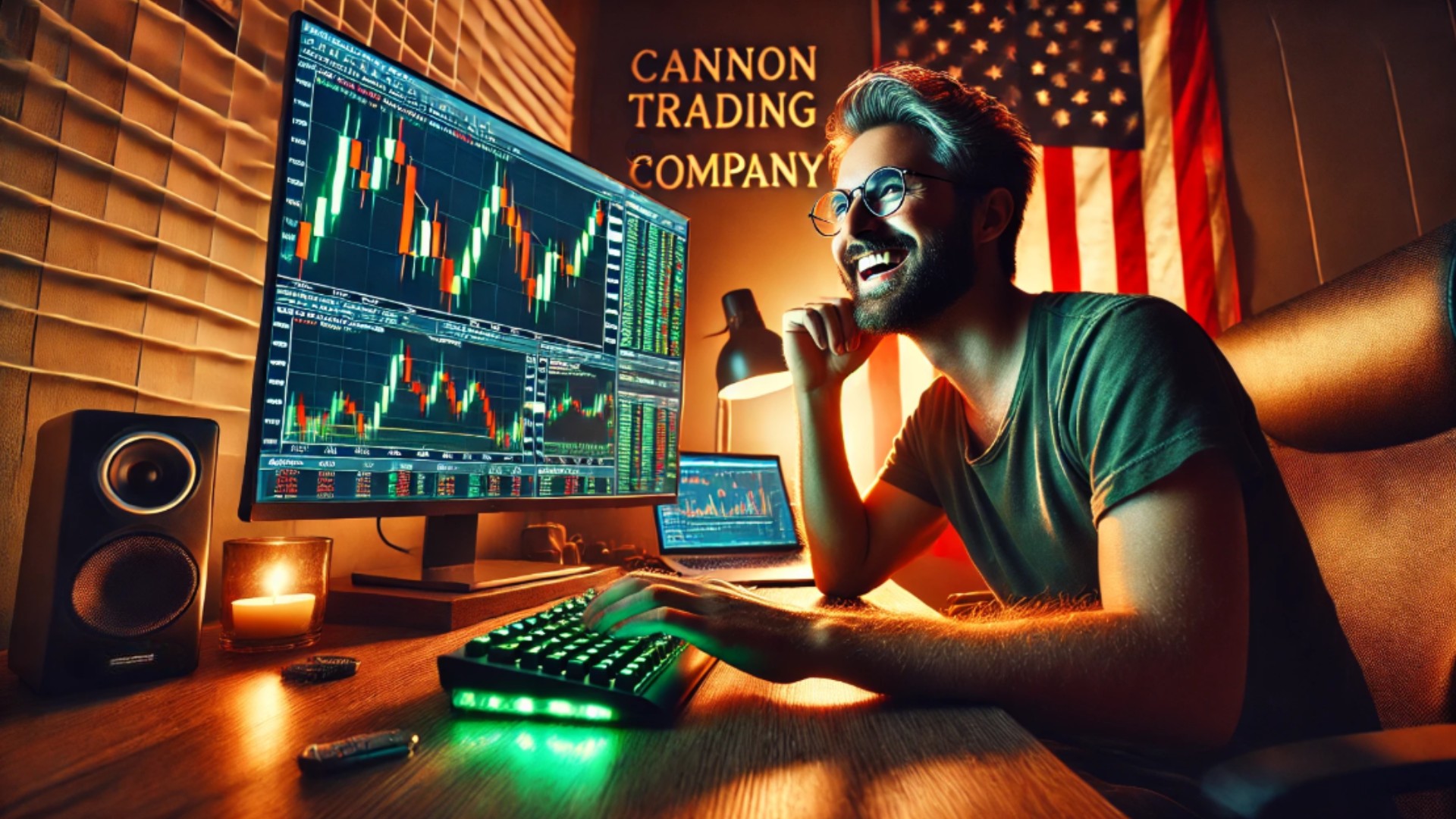The SPX index futures contract, which is based on the S&P 500 Index, was conceived as a mechanism to provide traders, institutional investors, and portfolio managers with a liquid and efficient way to hedge their exposure to the U.S. stock market or speculate on its direction. Before its introduction, market participants faced limited tools for effectively managing broad market risk. The SPX index futures contract bridged this gap by tying the performance of futures to the S&P 500 Index, a benchmark that represents the stock performance of 500 of the largest publicly traded companies in the United States.
The origins of the SPX index futures contract trace back to the late 20th century, a period marked by increasing financial innovation. The Chicago Mercantile Exchange (CME), now part of CME Group, played a central role in this endeavor. As early as the 1970s, the concept of index-based derivatives was gaining traction, but it wasn’t until April 21, 1982, that SPX index futures officially launched. The groundwork for these contracts was laid through the collaborative efforts of financial pioneers, economists, and institutional market participants.
One notable figure behind the success of SPX index futures was Leo Melamed, a visionary who served as chairman of the Chicago Mercantile Exchange. Melamed is often referred to as the “father of financial futures” for his role in introducing new derivatives markets, including SPX index futures. His efforts were complemented by economists like Richard Sandor, who contributed to the theoretical framework underpinning financial futures markets.
How SPX Index Futures Work
SPX index futures are contracts that allow traders to speculate on or hedge against the future value of the S&P 500 Index. Each contract represents a specified notional value, typically calculated by multiplying the index’s level by a fixed multiplier (e.g., $50). These contracts are cash-settled, meaning that no physical delivery of assets occurs; instead, the difference between the contract’s purchase price and its settlement price is exchanged in cash.
One of the key advantages of trading SPX index futures is their efficiency. Traders can gain exposure to the entire S&P 500 Index through a single contract, rather than trading individual stocks. This efficiency makes SPX index futures an attractive instrument for a wide range of participants, from retail investors to institutional asset managers.
Trends in SPX Index Futures
SPX index futures tend to follow trends tied closely to macroeconomic conditions, corporate earnings reports, and market sentiment. Historically, several patterns have emerged:
- Bull Markets and Bear Markets: During bull markets, SPX index futures tend to rally as investors are optimistic about economic growth and corporate earnings. Conversely, in bear markets, these futures contracts often decline, reflecting pessimism about the market’s prospects.
- Volatility During Economic Uncertainty: SPX index futures experience heightened volatility during periods of economic uncertainty, such as recessions, geopolitical events, or financial crises. For instance, during the COVID-19 pandemic in early 2020, SPX index futures saw significant price swings as investors reacted to the rapidly changing economic landscape.
- Seasonal Trends: Certain times of the year, such as the fourth quarter, tend to see stronger performance in SPX index futures due to factors like holiday spending and year-end portfolio adjustments. Conversely, the first quarter of the year often reflects market recalibrations as new economic data is released.
Case Study: The COVID-19 Market Crash
During the COVID-19 pandemic, SPX index futures became a focal point for market participants seeking to hedge their portfolios or capitalize on volatility. In March 2020, SPX index futures dropped dramatically as fears of a global recession gripped markets. Futures traders who anticipated the downturn and took short positions saw substantial gains. For instance, a futures trading broker reported that a trader who shorted SPX index futures at 3,200 and covered their position at 2,200 earned a profit of $50,000 per contract.
Risk Level: High. Such trades require precise timing and a strong understanding of market dynamics. The volatility of SPX index futures during crises can result in rapid losses if the market moves against a position. Futures traders should use stop-loss orders and maintain adequate margin to mitigate risks.
SPX Index Futures in Q1 2025: What to Expect
Looking ahead to the first quarter of 2025, SPX index futures are likely to be influenced by several key factors:
- Monetary Policy: The Federal Reserve’s actions regarding interest rates will play a significant role. If the Fed continues to tighten monetary policy to combat inflation, SPX index futures could face downward pressure. Conversely, a pause or reversal in rate hikes could provide a bullish catalyst.
- Corporate Earnings: Earnings reports from S&P 500 companies will set the tone for SPX index futures. Strong earnings could boost futures prices, while disappointing results could lead to declines.
- Geopolitical Events: Developments such as trade agreements, political tensions, or global conflicts could create volatility in SPX index futures markets. Futures brokers are already advising their clients to monitor these events closely.
- Sector Rotation: As investors adjust their portfolios for the new year, sector rotation could impact SPX index futures. For example, a shift toward defensive sectors like healthcare and utilities might dampen overall index performance.
Case Study: A Futures Trader’s Experience in Sector Rotation
In Q1 2023, a futures trader identified a rotation from high-growth technology stocks to value-oriented sectors like energy and financials. By analyzing sector weightings in the S&P 500 Index, the trader predicted that SPX index futures would experience moderate gains due to the resilience of value stocks. The trader entered a long position at 3,800 and exited at 4,200, earning a profit of $20,000 per contract.
Risk Level: Moderate. While sector rotation provides opportunities, predicting its timing and impact on SPX index futures requires extensive research. Futures contract trading during sector rotation should involve diversification and risk management strategies.
Real-Life Anecdotes: Lessons from SPX Index Futures Trading
- The Power of Leverage: A retail investor in 2019 used SPX index futures to amplify their returns. By leveraging a $10,000 margin to control a $250,000 notional position, the investor doubled their initial investment within weeks as the S&P 500 rallied. However, a similar trade in 2020 resulted in a complete loss of their margin due to a sudden market downturn.
Risk Level: Very High. Leverage amplifies both gains and losses. Futures traders must exercise caution and ensure they have sufficient margin to withstand adverse price movements.
- Hedging Against Portfolio Losses: During the 2008 financial crisis, an institutional portfolio manager used SPX index futures to hedge against declining equity values. By shorting futures contracts, the manager offset losses in their long equity positions, preserving capital during a market downturn.
Risk Level: Low to Moderate. Hedging with SPX index futures can effectively reduce risk, but improper execution or misalignment with portfolio holdings can lead to suboptimal results.
Cautionary Notes for SPX Index Futures Traders
- Margin Requirements: Trading futures contracts requires maintaining a margin, which can result in margin calls if the market moves against your position. Traders should always monitor their margin levels and maintain sufficient reserves.
- Market Volatility: SPX index futures are sensitive to news events, economic data releases, and market sentiment shifts. Sudden price swings can result in significant losses.
- Complexity of Futures Trading: Futures trading involves complexities such as rollover costs, contract expiration, and varying settlement prices. Novice traders should consider working with experienced futures brokers to navigate these challenges.
- Psychological Pressure: The leverage and rapid price movements in SPX index futures can create psychological stress for traders. Maintaining discipline and adhering to a well-defined trading plan is essential.
SPX index futures have transformed the way investors and traders interact with the broader stock market. From their inception in 1982 to their current role as a cornerstone of futures trading, these contracts offer unparalleled opportunities for hedging, speculation, and portfolio management. However, the potential for substantial rewards comes with significant risks, making it crucial for futures traders to approach SPX index futures with caution, discipline, and a thorough understanding of market dynamics.
As we move into the first quarter of 2025, SPX index futures are poised to reflect the economic and geopolitical landscape of the time. Whether you’re a seasoned futures trading broker or a novice exploring trading futures, staying informed and vigilant will be the key to success.
For more information, click here.
Ready to start trading futures? Call us at 1(800)454-9572 – Int’l (310)859-9572 (International), or email info@cannontrading.com to speak with one of our experienced, Series-3 licensed futures brokers and begin your futures trading journey with Cannon Trading Company today.
Disclaimer: Trading Futures, Options on Futures, and retail off-exchange foreign currency transactions involve substantial risk of loss and are not suitable for all investors. Past performance is not indicative of future results. Carefully consider if trading is suitable for you in light of your circumstances, knowledge, and financial resources. You may lose all or more of your initial investment. Opinions, market data, and recommendations are subject to change at any time.
Important: Trading commodity futures and options involves a substantial risk of loss. The recommendations contained in this article are opinions only and do not guarantee any profits. This article is for educational purposes. Past performances are not necessarily indicative of future results.
This article has been generated with the help of AI Technology and modified for accuracy and compliance.
